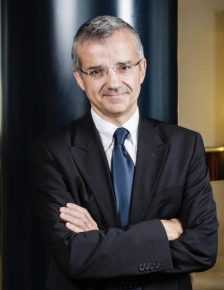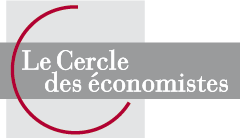Finding a decarbonated path
Overview
Europe was the first area in the world, as early as the end of the 2000s, to set ambitious climate targets, and France extended this leadership by bringing the Paris Agreement in 2015. However, Russia’s military aggression in Ukraine is a “return of the repressed”: fossil fuels have a highly geopolitical content and Europe is an old continent that (almost) no longer extracts them. This crisis is leading Europeans to re-evaluate their vision of decarbonisation: what strategies will make it possible to achieve the “fit for 55” (i.e. a 55% reduction in emissions by 2030) while drastically reducing dependence on Russian gas (central to the German Energiewende)? How to allocate the burden of this decarbonisation under strong constraints between EU members? How can we protect the most fragile households and industrial sectors in the face of this historic break? How, above all, can we make this shock an accelerator in the transformation of post-carbon Europe?
Speakers






Coordinator

Photo gallery


















